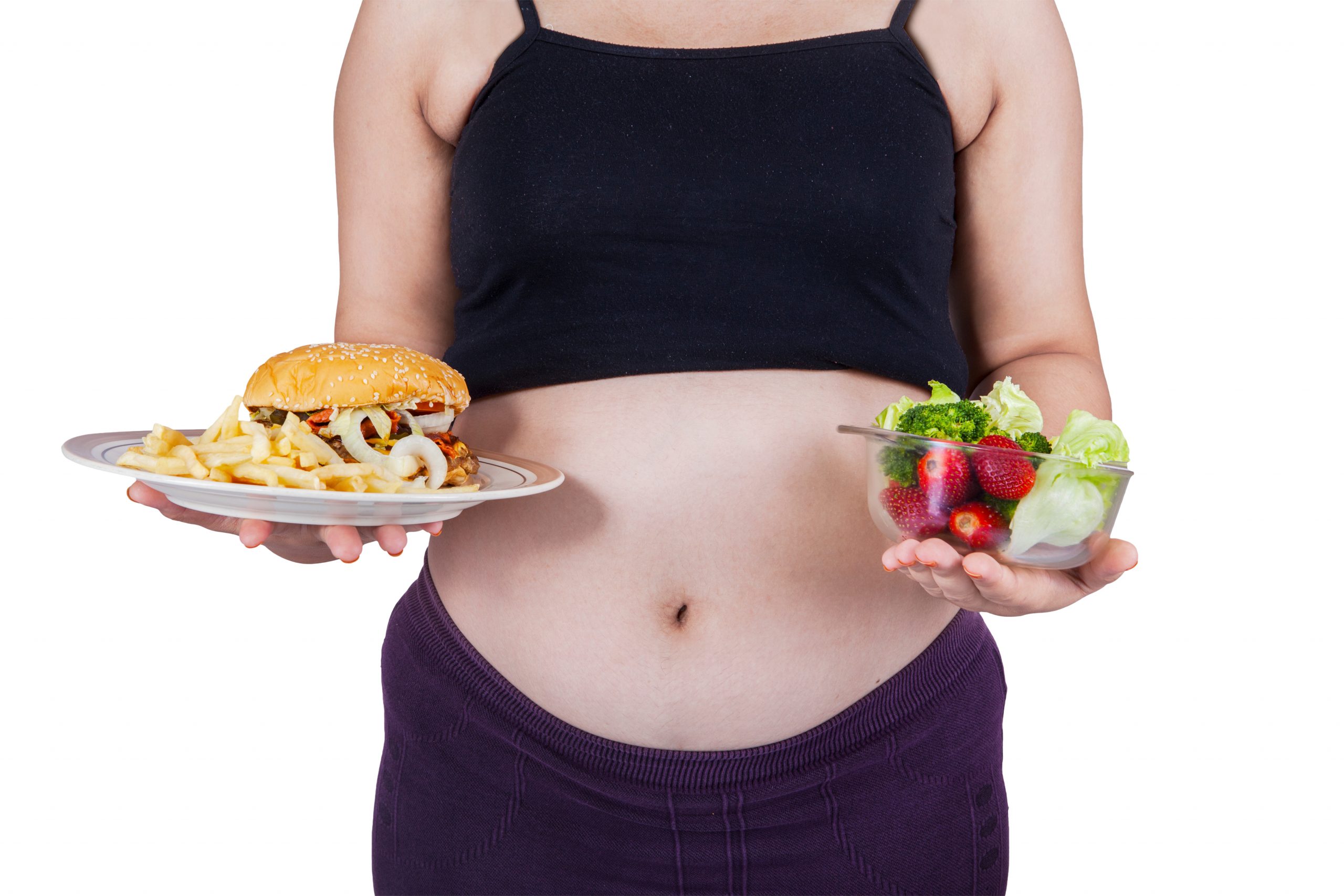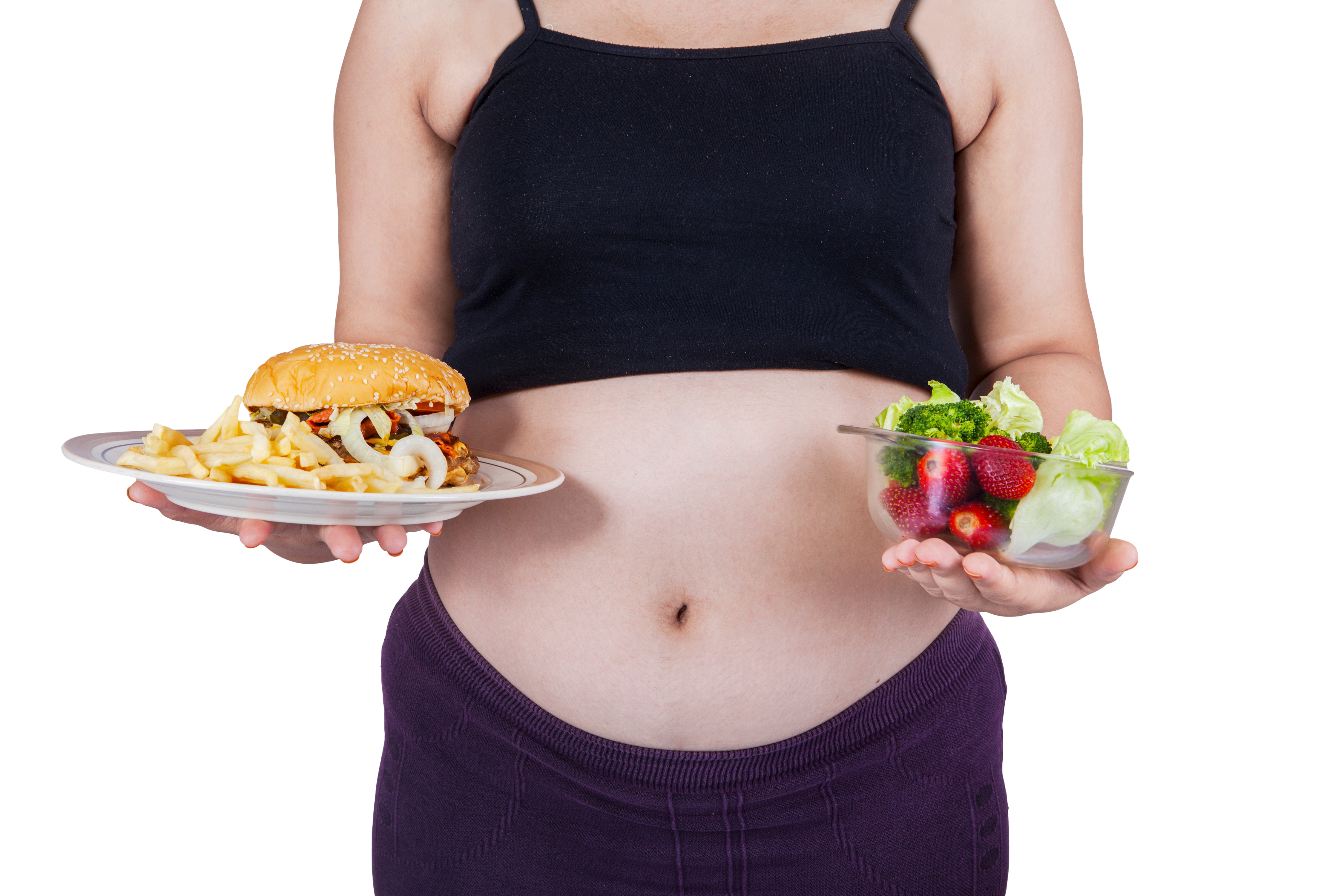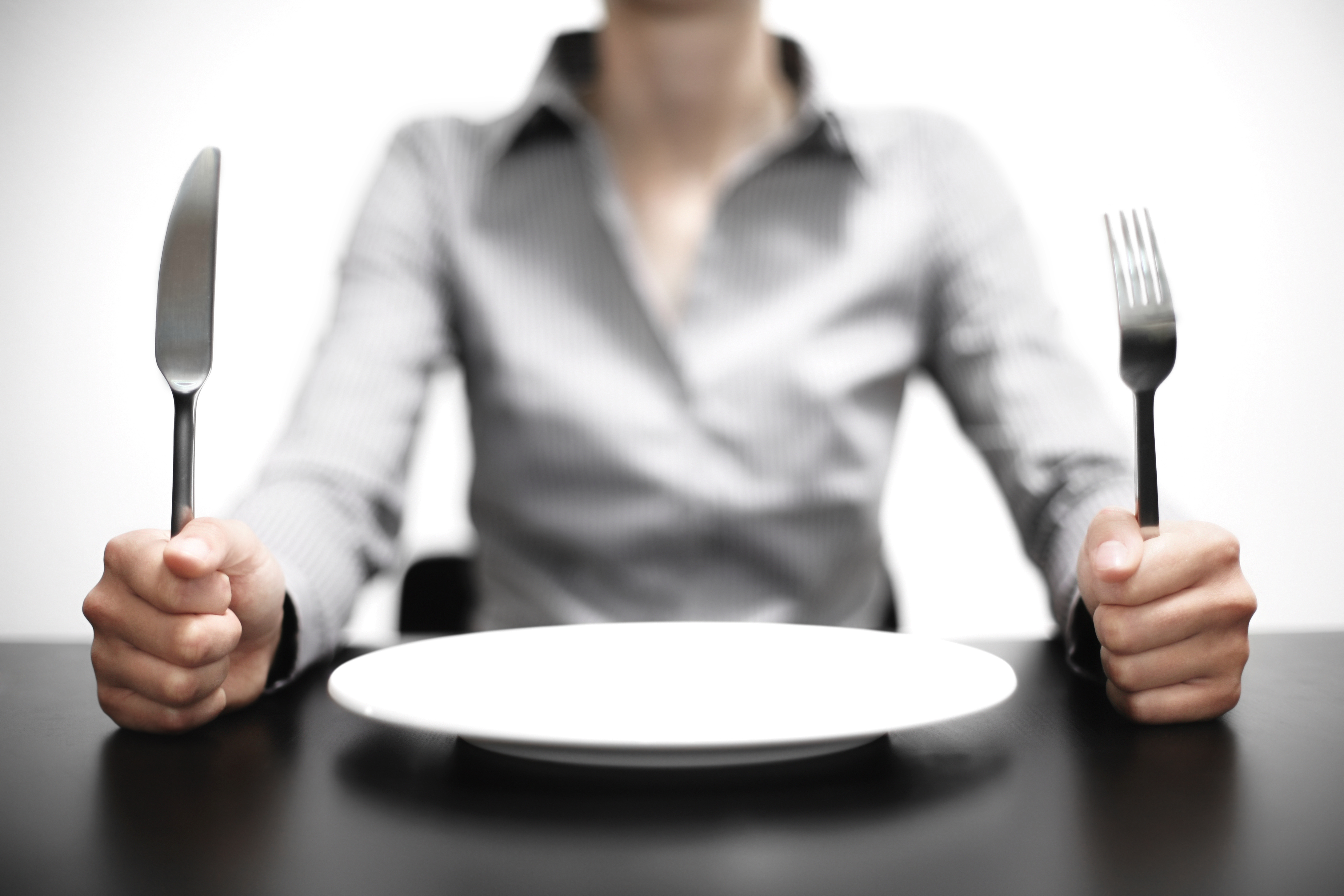It’s a well known fact that to lose weight you have to consume less calories than you burn off through exercise.
But the food you eat and the amount you eat also has a bearing on whether or not you’re likely to see success on the scales.
Speaking to The Sun, one expert said undereating can be as detrimental to health as overeating.
Food science and nutrition specialist at Human Food, Emma Bullock-Lynch said people who are already underweight risk further health issues by continuing to under eat.
“Starving the body of food is more complex than simply starving the body of calories.
“It can include deficiencies in important vitamins and minerals, as well as proteins and fats that our body uses to function.”
Know the signs
Emma said there are several warning signs that undereating isn’t helping your weight loss.
“Depriving the body of such nutrients alters the way our brain functions, and our bodies enter a mode to conserve energy, with clear and predictable physical effects such as feeling cold, showing signs of bad skin, slowed digestion and metabolism, slowed heart rate and a reduction in essential hormones.
“This leads to further complications such as being more prone to illnesses and infections and can lead to extreme fatigue.
“The longer the body is put through starvation, the more apparent and serious these effects become.
“A serious side effect of severe undereating is a weakened heart and subsequently an irregular heartbeat, which means the heart is inefficient and doesn’t pump enough blood around the body, causing damage to the brain or other organs.”
This can also lead to ineffective work outs as your heart has to work harder in order to keep up with physical demands that you have placed on yourself.
If you’re undereating you might find it difficult to complete your usual routine or feel sluggish.
Speaking to The Sun, co-founder of women’s only gym StrongHer, Tig Hodson said the way you eat can also impact your performance at the gym.
She said: “So many people wonder why things don’t change when they start hammering loads of workouts, and 9 times out of 10 it’s to do with nutrition, not just over eating but undereating.
“In relatable terms think of yourself as a car, if there isn’t any petrol in it, how do you expect it to move and perform properly- it’s not right!
Fuel your body
“So why is your body any different? It’s essential to get the right amount of food in your body to fuel your workouts and see change.
“It’s not as simple as eat less, do more, see results, it’s more about eating what’s right to make you perform better and see progress.2
Pilates instructor and founder of Pilates PT, Hollie Grant said undereating isn’t helpful when you’re trying to exercise.
“If you’re not fuelling your body well enough, your body will start to breakdown muscle rather than fat, so if someone’s goal is to increase their strength then they’re going to notice that this starts to slow down as their body is breaking down muscle, hence reducing their strength gains.
“It can mess with your metabolism, so you might find you start gaining weight as your metabolism slows down and burns less calories at rest, so the body almost starts to hold onto fat as it isn’t sure when it’s next going to get fed.”
Holly added that if your undereating then your immunity could be lower – which doesn’t help if you’re trying to improve your fitness levels.
She added: “You may feel lethargic, as without fuel you may feel tired.
“This isn’t very helpful when you’re trying to exercise as this will reduce your output in your workout, or how much you want to go to the gym”, she added.
Change in behaviour
Emma added that people who undereat also express changes in their behaviour.
“One of the most apparent is a change in cravings for foods high in fats and sugars.
“Research has shown that cravings cannot be managed until a person is able to eat a diet that is sufficient in nutrients and calories, enabling them to return back to a healthy weight.
“In order to maintain a healthy weight, it’s important to eat enough food to give your body the nutrients it needs to work properly and for you to maintain optimum health.”
Experts have previously suggested that unhealthy eating patterns could lead to weight gain.
A report in the New England Journal of Medicine recently revealed that men who lost weight following extreme calorie cutting and imposing restrictions on their diet were at a higher risk for metabolic imbalances and hormonal disruptions – this was even higher in women who followed strict regimes.
Tummy rumblings
Speaking to The Sun Grace Pascoe, nutritionist at Improb said skipping meals can sometimes be routine if you have a busy life.
She said that while the effects of skipping one meal every so often won’t be massively detrimental to your health – if you miss them regularly this can lead to significant negative effects on your body and mind.
“You have probably all experienced tummy rumblings, and ‘hangry’ emotions when hungry, but not many people know why it happens.
“Food, in its most basic form and use, if fuel for your body. When you cut out a meal, or hold back on eating the correct calorie intake, you’re basically forcing your body to burn through energy that’s being reserved.
“Eating regularly keeps you alert and motivated, with your body turning foods which are high in complex carbohydrates into glucose, which in turn keeps your blood sugar level in place.”
Grace added that when you miss out on a meal , your body begins to use up it’s reserved glucose supply, resulting in your energy dropping, concentration slipping, and irritation increasing – hence the “hangry” emotion that seemingly erupts.
She said: “Over time, without your body producing the energy it needs from food, your hormones will begin to kick into gear.
“Ghrelin, which is appetite-inducing, and leptin, which is appetite-suppressing will work together to signal to your body that you’re hungry.
Most read in Fabulous
“These hormones are dominating when in place, and it can be hard to focus on anything but food once they’ve began to rear their heads.”
Grace said that in the short term, you might not see any side effects but added that these could play out over a longer time period.
“Longer effects of continuing routines of missing out of meals are more serious.
“Not eating enough will lead to weight loss, which may sound ideal, but losing energy without replacing it can lead to feeling tired and weak, a weaker immune system, and disrupted sleep patterns or even chronic fatigue.”
Thousands of Brits to benefit from soups and shakes diet on the NHS as government tackles type 2 diabetes













